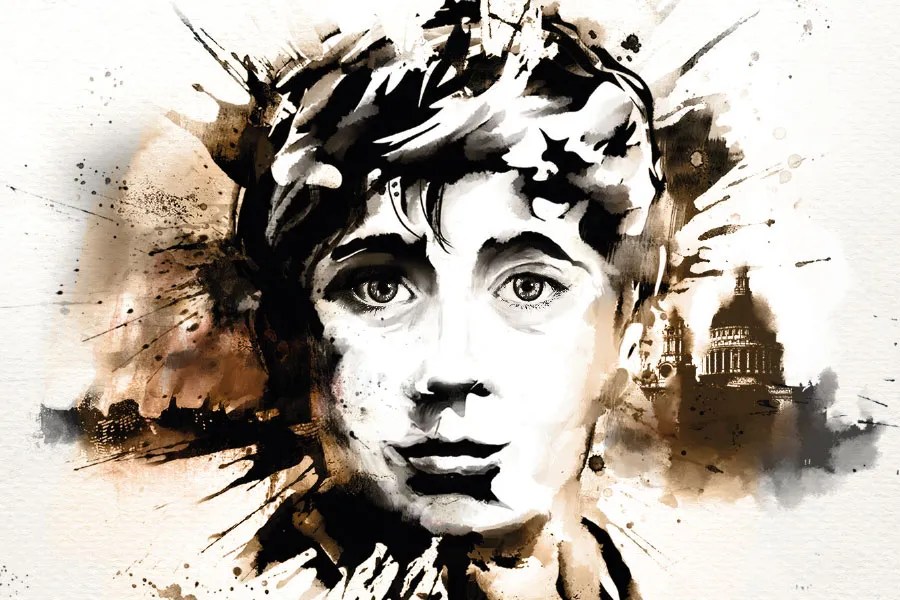John Bull’s Other Island (London)
Dominic Dromgoole, director of Oxford Stage Company, was converted to Bernard Shaw after reading John Bull’s Other Island and it’s easy to see why.
There are a few Irish literary figures who the British have claimed as their own, Oscar Wilde and Bernard Shaw to name but two. But in John Bull’s Other Island Shaw reveals himself as an Irish rather than British writer, his topic not trivial romances in the home counties but the mission of one British man to convert a little pocket of Ireland into an economically viable area.
Thomas Broadbent has a purpose and that is to ‘save’ any country less fortunate than his own, and his latest project is Ireland. This is where he drags his colleague and friend Larry Doyle, to Larry’s home town, to survey and assess the possibilities for industrialisation by their syndicate. Thomas is also enchanted by the picture Larry paints of a beautiful Irish maid, Nora Reilly who is waiting for Larry.
Dromgoole’s production is terribly ambitious and in the small Tricycle space the four different settings are well designed but too slow to change. In the first scene of the play I wondered if Shaw was preparing to send up his native race for the amusement of his adopted British one – in fact I was wrong and the only real buffoon in the piece is Englishman Thomas Broadbent.
Charles Edwards plays Broadbent as an innocent but manages to balance this with just the right amount savvy to convince us of the danger his character poses to the locals. Gerrard McArthur dishes up a Larry full of romantic mystery that leaves us asking if this is in fact an autobiographical character – Shaw himself. Other performances are sturdy, particularly the women, Catherine Walker as the radiant but lonely Nora and Mary Conlon as the no-nonsense Aunt.
But it is Niall Buggy as the ex priest Keegan who steals the show , he pitches both inane ramblings about reincarnation and zealous diatribes about the state of his homeland with exactly the right amount of charm and charisma leaving the audience with little choice but to take notice.
It’s hard not to draw a comparison between Broadbent bulling in to try and ‘fix’ a country he knows little about with the actions of America, trying to ‘save’ Iraq. But this is not the only resonance within a play where class and social stereotypes are either mocked or undercut to provide a three dimensional picture.
All this may sound extremely serious and contemplative and there are moments as such but the most memorable thing about the piece is Shaw’s incredible wit which had the audience chuckling from the start.
– Hannah Kennedy










